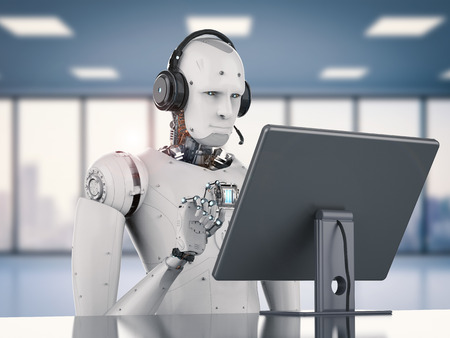No doubt you have heard or read that prediction many times before. It has been argued that the travel agent is an old-fashioned job: one that is slowly fading out of the world of work. The general public no longer needs a third party person to find them the travel deals because the internet helps them do it themselves more easily.
And of course today you do not have to type into a search engine to find a holiday deal. You can just ask your favourite virtual assistant like Amazon’s Alexa or Apple’s Siri to do it for you.
AT YOUR VIRTUAL ASSISTANCE
A virtual assistant is a software agent that can perform tasks or services for an individual. At its core is artificial intelligence (AI) which is capable of learning and operating without human input. Have you tried putting a regular meeting into your virtual Calendar without an address? Very quickly your phone “learns” the address of the venue. When your next meeting comes around, your phone will automatically assess the traffic conditions and give you an ETA.
Thinking along these lines, imagine you always go on holiday in May, to a destination where the average temperature is above 30 degrees. It will surely only be a matter of time before your virtual assistant is ‘telling’ you about a special offer coming up for next May in some tropical destination. It would of course come with a direct booking link. No travel agent required.
If the travelling public still wishes to visit a travel agency, why shouldn’t they be served by an in-store virtual assistant, a robot? A report by PWC predicts that 44% of existing jobs in wholesale and retail in the UK could face automation by the early 2030s.
ROBOT AT YOUR SERVICE
At present, the most established and sophisticated use of robots in retail is behind the scenes in warehouses. However there are already instances of robots in customer-facing roles on the shop floor. A humanoid robot called Pepper is probably one of the best-known examples of this. Pepper has been used in a number of pilots in stores around the world to greet customers and help with their enquiries.
Pepper the robot can answer questions, provide directions and even chat to shoppers. It can also detect emotions from tone of voice and facial expression which helps it tailor its responses.
And just like in the example of your phone learning about your regular meeting venue so a robot over time can learn your holiday preferences. This ability is known as ‘machine learning’ and it means that machines can adapt, innovate and improve what they do.
In March 2016 in Seoul, Korea Google’s Artificial Intelligence (AI) computer AlphaGo beat Lee Sedol, the world’s No 1 Go player, four games to one. Go is an ancient board game which originated in China 2,500 years ago, in which the number of board positions is estimated to be greater than the number of atoms in the universe.
LET’S HAVE A CHATBOT
There are many other examples of how AI is already impacting on our lives. For example Leeds Beckett University is using a Chatbot to help A Level students choose a suitable course.
A chatbot is a computer program designed to simulate conversation with human users, especially over the Internet.
ARTIFICIAL INTELLIGENCE IN THE TRAVEL INDUSTRY
Today chatbots are very much a focus of interest within the travel industry. According to [x]cube LABS, a ‘digital transformation agency’, online travel organisations such as Expedia, Booking.com, Kayak, Cheapflights, and Skyscanner, are already experimenting with the Facebook Messenger Bots to assist their passengers to find flights at reasonable prices.
The company reports that the fare comparison site, Kayak, has a voice interaction app which allows users to search and compare flights; and once complete they are taken to the Kayak site to finish the booking process.
There is no doubt that the number of travel agencies is in decline. According to the US Bureau of Labor Statistics, in 2014 the number of travel agents in the US was 74,000 and they are predicting this will fall to 65,400 by 2024, a decline of 12%. Surely these advances in technology can only serve to speed up the process.
Is it therefore now only a matter of time before the travel agent is completely extinct? What do you think? Will you soon be replaced by a robot?




